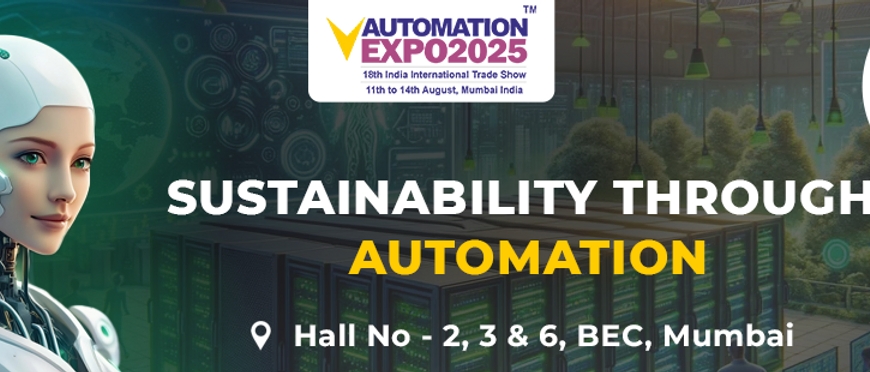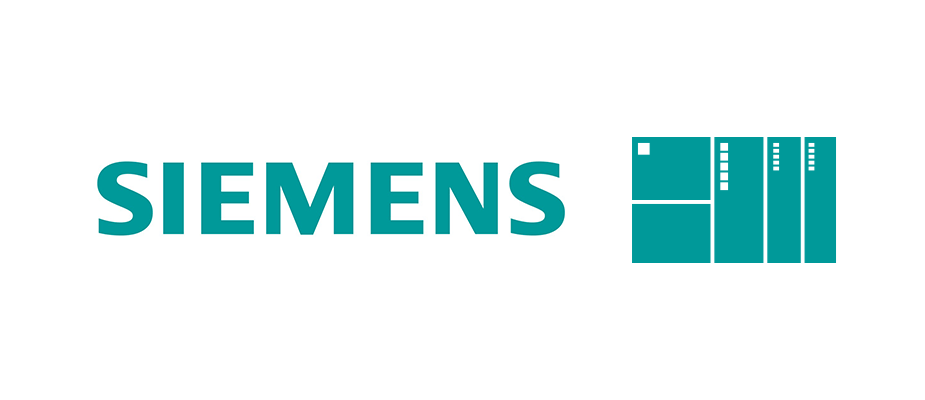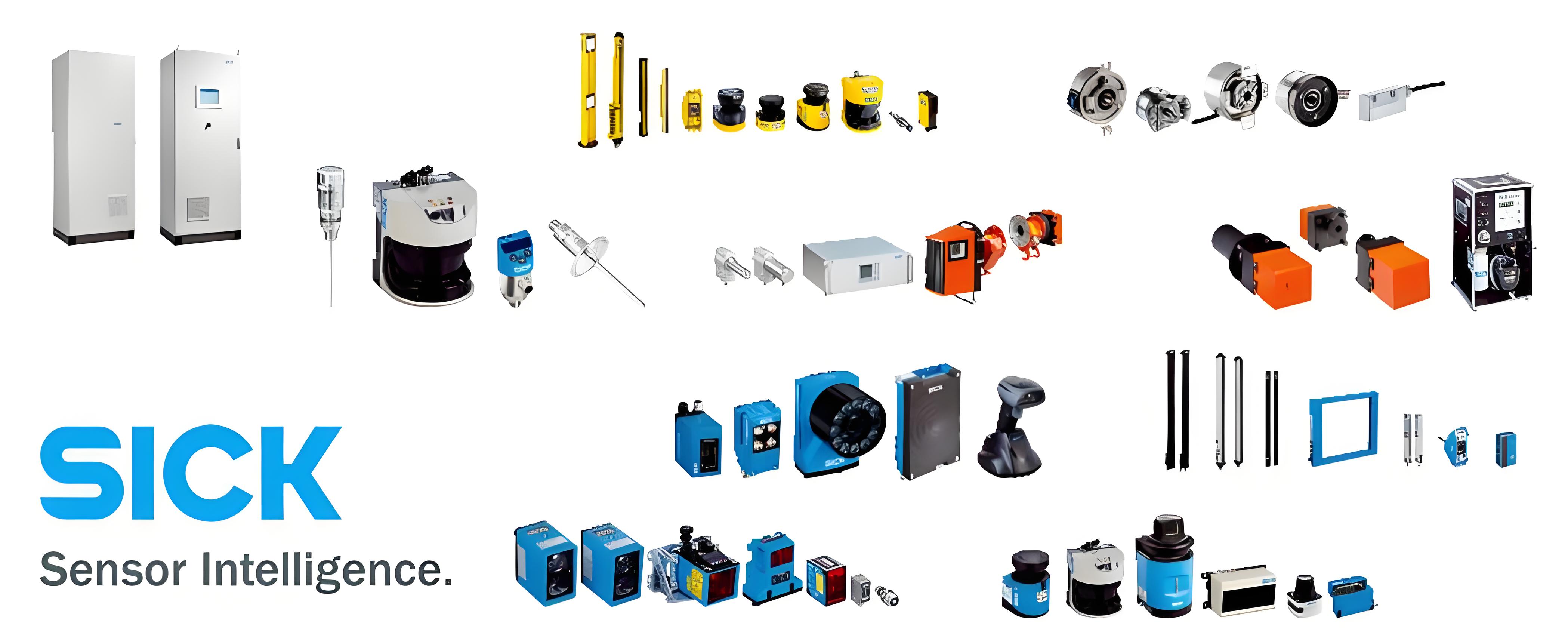Siemens PLC, short for Programmable Logic Controller, is a combined hardware and software system tailored for industrial process automation. Developed by Siemens AG, a leading German engineering and technology company, this system is widely used in manufacturing, process control, and automation.
What is Siemens PLC?
Siemens PLC is an industrial control system that automates manufacturing processes, equipment, and machinery. Specifically designed for industrial use, it integrates software and hardware to manage tasks like production lines and machine performance. Programmed using STEP 7 software, Siemens PLCs support various programming languages, making them versatile and reliable.
How does it work?
Siemens PLCs operate based on user-defined programs. These programs, created using tools like STEP 7, are loaded into the PLC's memory. The PLC processes input signals from sensors and devices, applies the logic from the program, and generates output signals to control other devices. Communication options like Ethernet and PROFINET allow PLCs to exchange data with other systems, enhancing integration and control.
What problems does it address?
Siemens PLCs solve several industrial automation challenges:
· Efficiency: By automating processes, reducing downtime, and minimizing waste, PLCs boost productivity.
· Safety: Automating hazardous tasks enhances worker safety.
· Accuracy: PLCs ensure precise and consistent process control, reducing errors.
· Flexibility: Highly configurable, PLCs adapt to changing production needs.
· Integration: PLCs seamlessly integrate with other manufacturing components.
· Data Collection: Collecting machine performance data aids in process optimization and quality control.
In summary, Siemens PLCs offer a dependable and adaptable solution for automating industrial processes, addressing issues related to efficiency, safety, accuracy, flexibility, integration, and data collection.
What are the applications of Siemens PLCs?
Siemens PLCs are widely applied in various industries:
· Manufacturing: They control assembly lines, conveyor belts, and robotic systems.
· Energy & Utilities: They monitor and optimize power generation, distribution, and control fluid flows.
· Transportation: They manage traffic lights, signals, and gateways in railways, airports, and seaports.
· Building Automation: They regulate lighting, HVAC, and security systems.
· Agriculture: They monitor and control irrigation, fertilization, and crop processing.
· Healthcare: They monitor HVAC systems and control medical equipment like diagnostic imaging devices.
· Oil & Gas: They monitor safety systems and regulate material flows.
How can Siemens PLCs be integrated?
Siemens PLCs are crucial for process control and automation. To maximize their benefits, they are often integrated with other devices like HMI panels, SCADA systems, and IIoT platforms. This integration allows real-time data monitoring, remote control, and seamless communication. Understanding integration options is key to optimizing industrial automation. This article explores these integration methods, use cases, and their advantages.
Advantages of Siemens PLCs in Industrial Automation
Siemens PLCs excel in industrial automation due to several key benefits:
· Reliability: They are highly dependable and robust, perfect for harsh industrial settings.
· Flexibility: A wide range of CPUs, I/O modules, and HMI panels lets users tailor the system to their needs.
· Scalability: Siemens PLCs offer a flexible, cost-effective solution for automation.
· Compatibility: They integrate easily with Siemens products and third-party devices.
· Programming Options: Support for various programming languages, like ladder logic and structured text, allows users to choose the best method for their application.
Siemens PLCs are a reliable, adaptable, and scalable choice for industrial automation.
Siemens PLC Hardware: The Basics
Siemens PLC hardware is vital for industrial automation, controlling and monitoring operations. It mainly includes three parts: CPU, I/O modules, and HMI panels.
· CPU: This is the brain of the PLC, executing control programs and communicating with other devices. Siemens offers various CPUs with different processing powers, letting you choose the best fit for your application.
· I/O Modules: These connect sensors and actuators to the PLC, interfacing it with the real world. Siemens provides a wide range of I/O modules for digital and analog inputs/outputs, and special applications.
· HMI Panels: These offer a graphical interface for monitoring and controlling the PLC. Siemens has basic text displays, advanced color touch screens, and portable panels for factory use.
Siemens PLCs may also include communication modules, memory cards, and power supplies. Designed to work together seamlessly, these components provide a robust platform for industrial automation. By choosing the right combination, you can tailor your PLC system to your needs.
Where to Buy Siemens PLCs and Hardware
Siemens PLCs and their hardware can be bought from several places. You can:
1. Buy from Siemens: Visit their website or local sales offices for direct access to the latest products, technical support, and after-sales service.
2. Choose an authorized distributor: These offer a wide range of products, local stock, competitive pricing, and additional services like technical support and training.
3. Shop online: Siemens plc supplier like https://hanyuautomation.com/ have multiple sellers. But, be sure to check the seller’s reputation and ensure the product is genuine and meets your needs.
For quality, reliability, and after-sales support, it’s best to buy from authorized sources.
PLC Experts Ready to Help
Our team of PLC consultants has deep knowledge and years of experience in PLC design, programming, and maintenance. We can help with PLC selection, hardware & software design, programming, troubleshooting, and system integration.
Tailored Solutions for Your Needs
We work closely with clients to understand their unique requirements and offer solutions just for them. Whether you're new to PLCs or want to improve an existing system, we're here to help. Contact us to learn more about our services.


